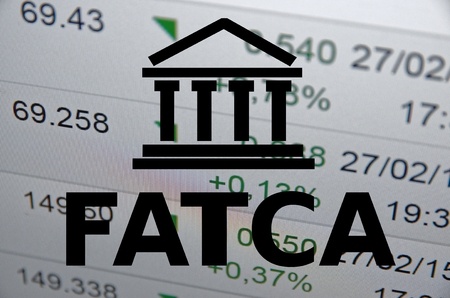OVDP
OVDP

Quiet Disclosure Guilty Plea
Florida man pleads guilty to tax evasion and hiding funds around the world In April…

OVDP Coming to an End Soon
Internal Revenue Service plans to close the Offshore Voluntary Disclosure Program (OVDP) on September 18, 2018.…

Money Laundering Is Tax Evasion
Money Laundering and Tax Evasion Money laundering and tax evasion are closely related. The IRS…

OVDP Lawyer — Protect Yourself Against OVDP Crackdown by the IRS
About The Offshore Voluntary Disclosure Program (OVDP) US citizens and residents are required to report foreign…

IRS modifications to OVDP and streamlined procedures a Relief to offshore bank account holders
IRS modifications to OVDP and streamlined procedures The Offshore Voluntary Compliance Program Internal Revenue Service’s…

Offshore Accounts and the Offshore Voluntary Disclosure Program
The Justice Department Crackdown on Offshore Foreign Accounts Since the Justice Department raised the threat…